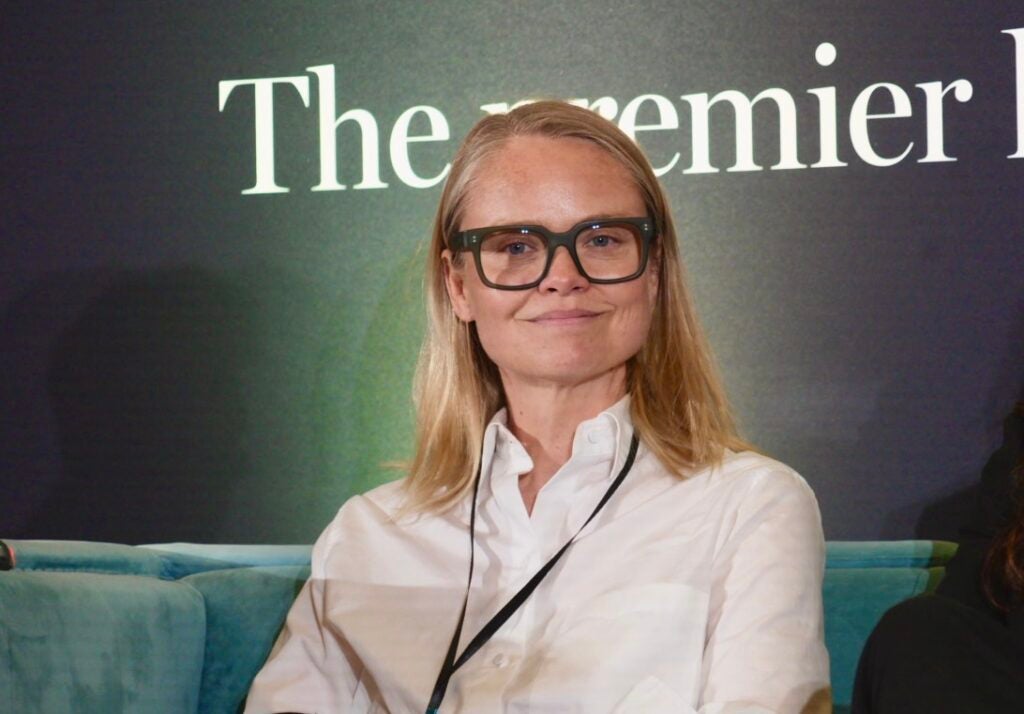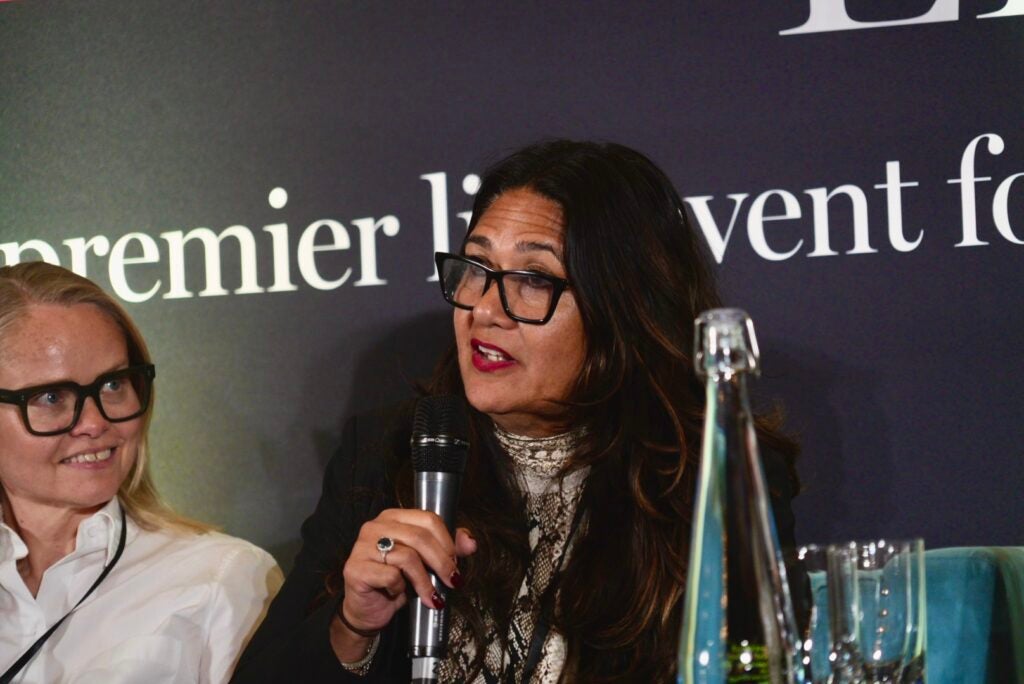
The end of the non-dom regime and associated changes to fiscal policy have been a disaster for the UK, attendees of Spear’s 500 Live heard.
‘On the ground, it’s carnage,’ said James Quarmby, partner and head of the private wealth team at Stephenson Harwood.
Andrew Griffith, shadow secretary of state for business and trade, concurred: ‘It’s a catastrophe.’
In a session entitled ‘Life after non-doms: assessing the UK’s status as an international hub for private wealth’, which was presented in association with Invest Barbados, Quarmby and Griffith were joined by Jurga McCluskey, a partner and head of the immigration practice at Deloitte, and Karen Perreira, managing partner at InterCaribbean Legal, to discuss the future of UK PLC.

‘We warned the government not to do it’
According to an analysis by research firm New World Wealth, 10,800 millionaires, 78 centi-millionaires and 12 billionaires left the UK in 2024. Other estimates see around one-third of HNWs departing, and 25 per cent of those with trusts leaving.
While the panellists agreed that the true impact of the changes was yet to be seen, there was a general consensus that the picture is bleak – and that the end of the non-dom regime and tax changes announced in the 2024 budget are to blame.
‘Pretty much any wealthy client that’s been here for a while that’s got wealth wrapped up in offshore trusts is just gonna go,’ Quarmby said. ‘We warned the government not to do it …’
‘The real shocker is that all it takes is 10 per cent of the wrong non-doms to leave and we could wipe out half of the £12.4 billion that we currently take. For every one non-dom that leaves, you’d need to replace that person with 15 ordinary taxpayers. That’s people actually working and paying tax.’
Griffith, for his part, apologised on behalf of the previous government for its role in dismantling the non-dom regime and emphasised the importance of embracing wealth creators, ‘the golden geese that the United Kingdom is lucky to have’.
‘I am, and my party is now, out and proud in defending the contribution of people who take risk and create wealth,’ Griffith said. ‘That is how we build prosperous societies. We should be celebrating that. We shouldn’t be ashamed of that.’

Is a golden visa on the cards for the UK?
Panellists highlighted several other countries as examples of how to do things well.
McCluskey, an immigration specialist, noted the ‘tilt to Asia’, with family offices in particular looking to the region for investment opportunities. She also cited Portugal and Spain as popular destinations, despite changes to their ‘golden visa’ programmes, as well as North America as a perennial favourite.
Quarmby added: ‘If you said to me 10 years ago that a client would move to Greece to save tax, I’d say they’re completely insane … [But] all you need to do is spend €500,000 in Greece – you get a visa and you get the tax treatment.’
He also referenced a proposal in the US to introduce an immigration ‘gold card’ allowing US residency for $5 million and suggested a similar model could work in the UK.
In response, Griffith noted that the shadow cabinet has a ‘clear plan to try to undo some of the damage’, including revisiting changes to agricultural property relief and business property relief, as well as ‘coming up with a brilliant proposition to attract people to stay here and bring their wealth here’.
If that doesn’t work, Perreira said Barbados is poised and eager to receive any non-doms fleeing the UK, with immigration policies – including the ‘welcome stamp’ and special entry permit – that incentivise investors to relocate:
‘We are English speaking. We have the British Commonwealth as our legal system. We have political stability – it is a safe environment. The literacy rate is 99 per cent. We are an established international hub, where for persons who are reassessing their structures, reassessing their investments right now based on the changes in the UK, they are looking at our trust structures and our corporate holding structures, just to name a few.’

Acknowledging the UK’s ‘pull factors’
That said, there was acknowledgement that the UK remains high in the global league table of destinations for wealthy individuals.
‘From an immigration perspective, I definitely still see an enormous amount of attraction to the UK,’ McCluskey said. ‘The loss of the Tier 1 investor visa cannot be underestimated, of course, but there are still so many pull factors to the UK. They’re not just immigration related, and they’re certainly not just tax related.
‘You always have to look through the lens of what is right for the family.’
Griffith assured the audience that Britain ‘will be back’ as a welcoming home for wealth creators. He said: ‘This is a wonderful, wonderful country. It’s still a wonderful country. It will be a wonderful country once we’ve got rid of this government.’
Watch the full panel session here:
Spear’s 500 Live is the premier live event for private client professionals and leading figures from the private wealth and family office ecosystem. The 2025 edition took place at the Savoy in London and was attended by more than 500 high-calibre delegates.
Spear’s 500 Live was presented in association with our partners, Blacklane, the Charities Aid Foundation, CMB Monaco, HCA Healthcare UK, Henley & Partners, Interpolitan, Invest Barbados, Maddox, Mast Capital, Sentinel Resource Group and Stewardship.
For commercial enquiries concerning Spear’s events, contact shady.elkholy@spearswms.com.






